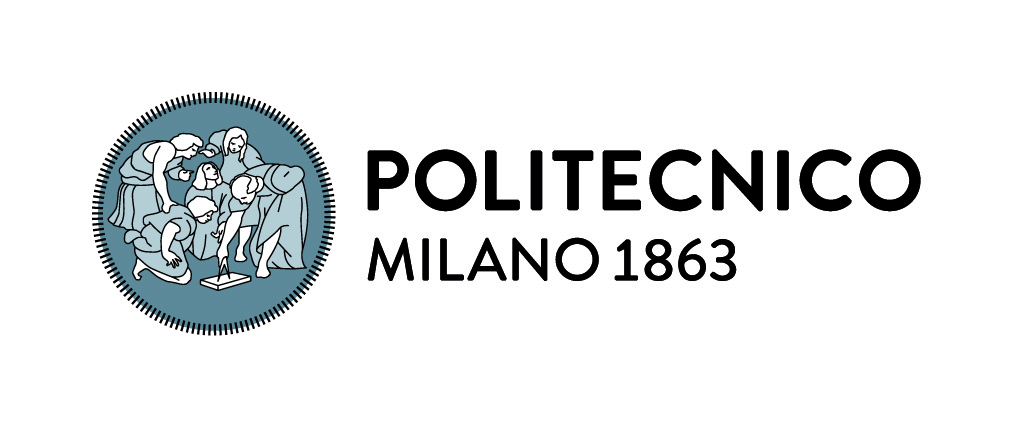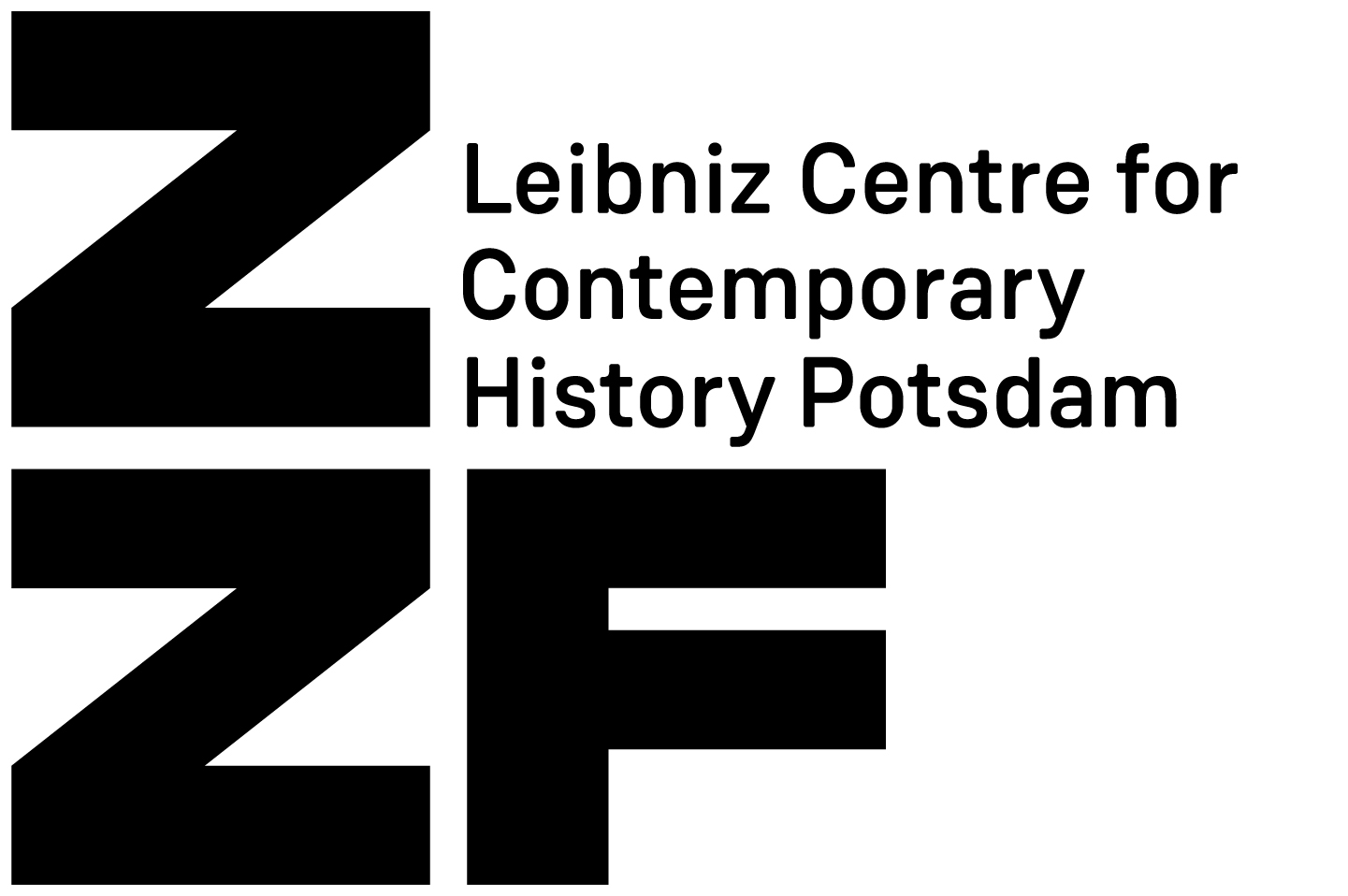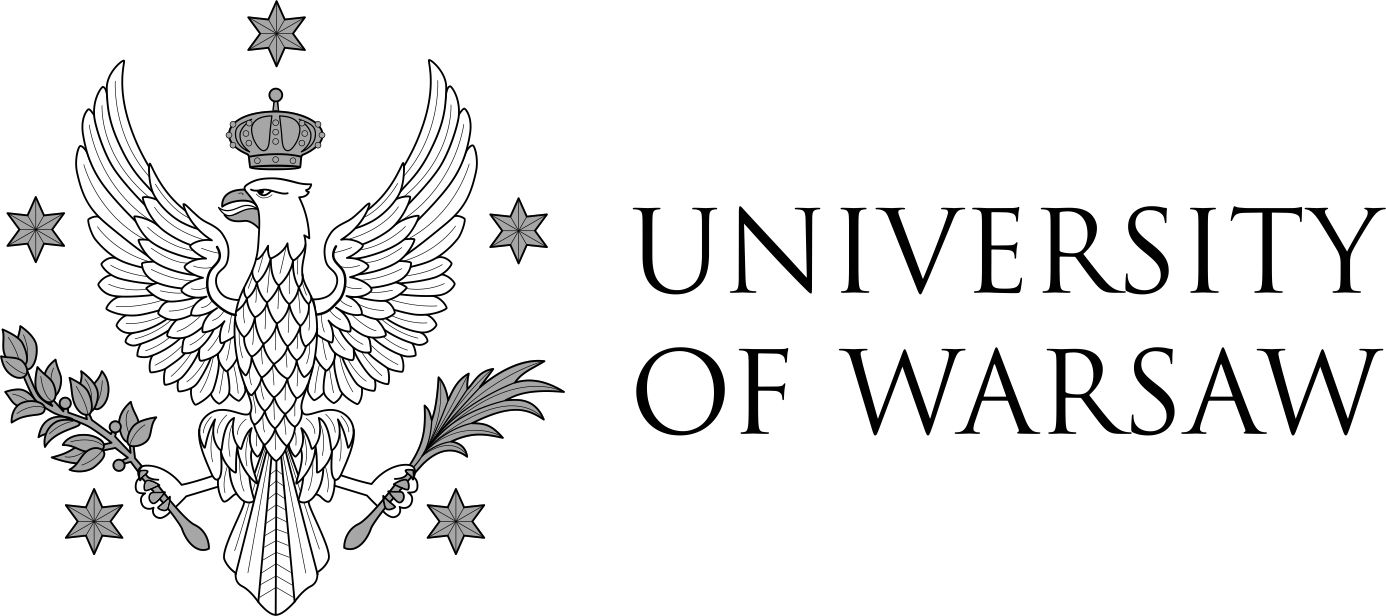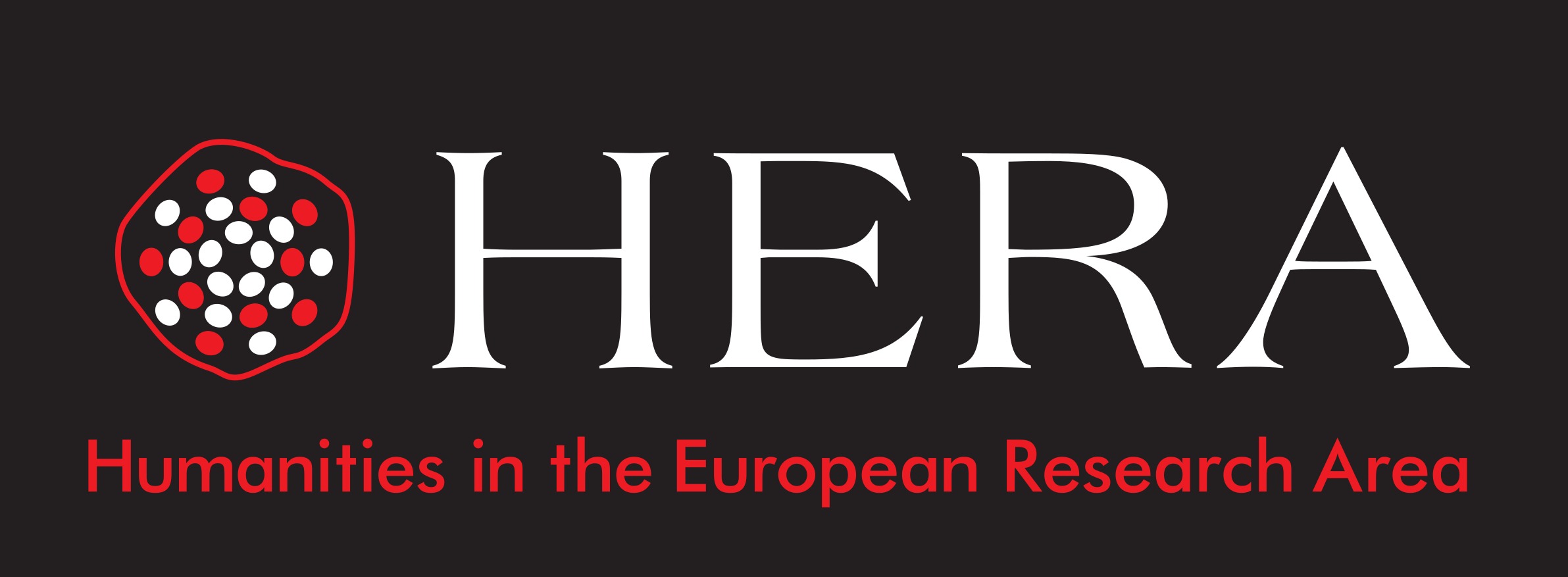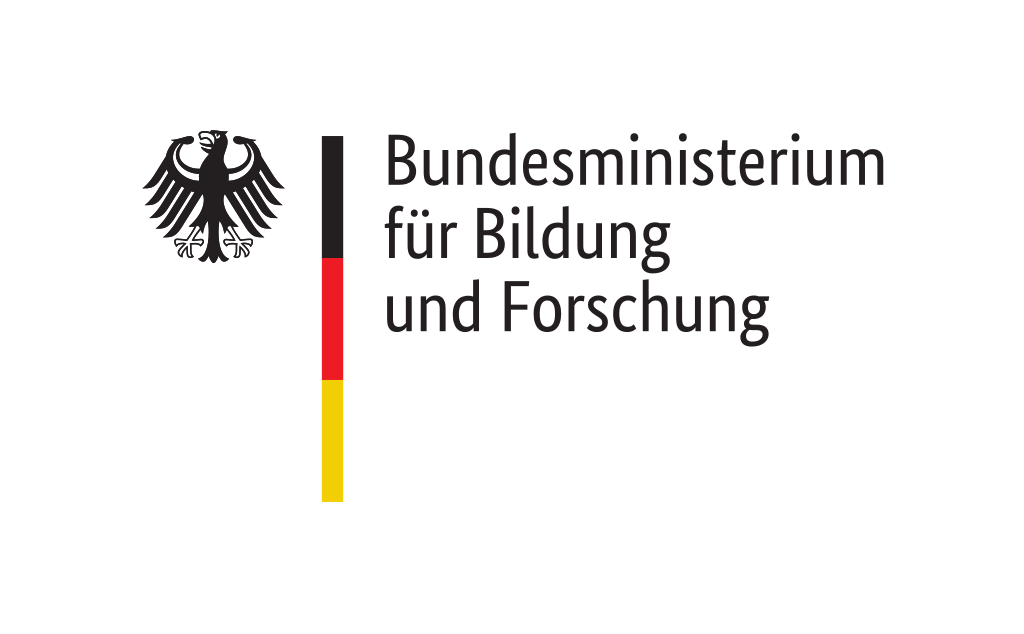Virtual Workshop - Revealing Place and Space
The workshop “Revealing place and space”, hosted by the Warsaw University team, took place on June 7th, 2021. Due to the pandemic related circumstances we could not organize the event in accordance with our initial plan as an in-person event. However, we took the opportunity offered by the online communication tools to reflect on one of the major research themes around which the “en/counter/points: (re)negotiating belonging through culture and contact in public space and place” project is structured: the notion of revealing.
Revealing is undoubtedly an ambiguous term with many layers of meaning. The most popular definition would probably be taking a look at - or an understanding of - something inner or hidden. Revealing means also to uncover or bring light to something hidden or secret and exposing more than usual. This aspect becomes particularly relevant for us whenever we engage in dialogue with our research participants, negotiating the extent to which we show or allow something to be seen.
The workshop was structured around the series of presentations that provided us with an opportunity to hear about and to discuss various contexts in which the notion of revealing appeared and proved useful during our work. These included reflections on what is being revealed in course of the research already conducted as a part of the en/counter/points project.
Joanna Wawrzyniak (Warsaw University) shared preliminary findings from her study focused around the ways in which Muslim communities negotiate their belonging to cultural memory in Poland. Kristin Meißner (ZZF Potsdam) in her speech reflected on relations between urban planning and belonging in 1990s Berlin, and Achim Saupe (ZZF Potsdam) discussed the application of oral history in his research on city centre renewals of Potsdam and Berlin.
The researchers from Politecnico di Milano presented the innovative research strategy which they adapted partly as response to the impact of COVID on their work. Jacopo Leveratto and the team transformed part of the fieldwork into an open call for virtual contributions, which allowed them not only to substitute the previously planned set of operations but also to expand the range of the subjects involved.
Susannah Eckersley and Helen Mears (Newcastle University) reflected on the applicability of their findings, discussing their involvement with developing resources to support museum practitioners who engage with issues of belonging.
The presentation by Chiara di Cesari (University of Amsterdam) revolved around her book “Curating the (post)colonial: Transforming Museums and the Political” co-authored with Modest Wayne provided an insight into how the previous research experience proved relevant in scope of the en/counter/points project.
Other speakers focused on methodological issues, considering how applying particular research approaches contributes to revealing the meaning of the social worlds that are subjected to analysis. Participants also considered how the museum practices contribute to the process of revealing the ways in which belonging is negotiated.
While sharing our research experience, all of us - scholars representing various academic disciplines with diverse methodologic approaches - were granted an opportunity to inspire and learn from one another. The workshop proved that the work of each of our teams continues to be interrelated despite the disruption of the usual patterns of communications resulting from the pandemics.
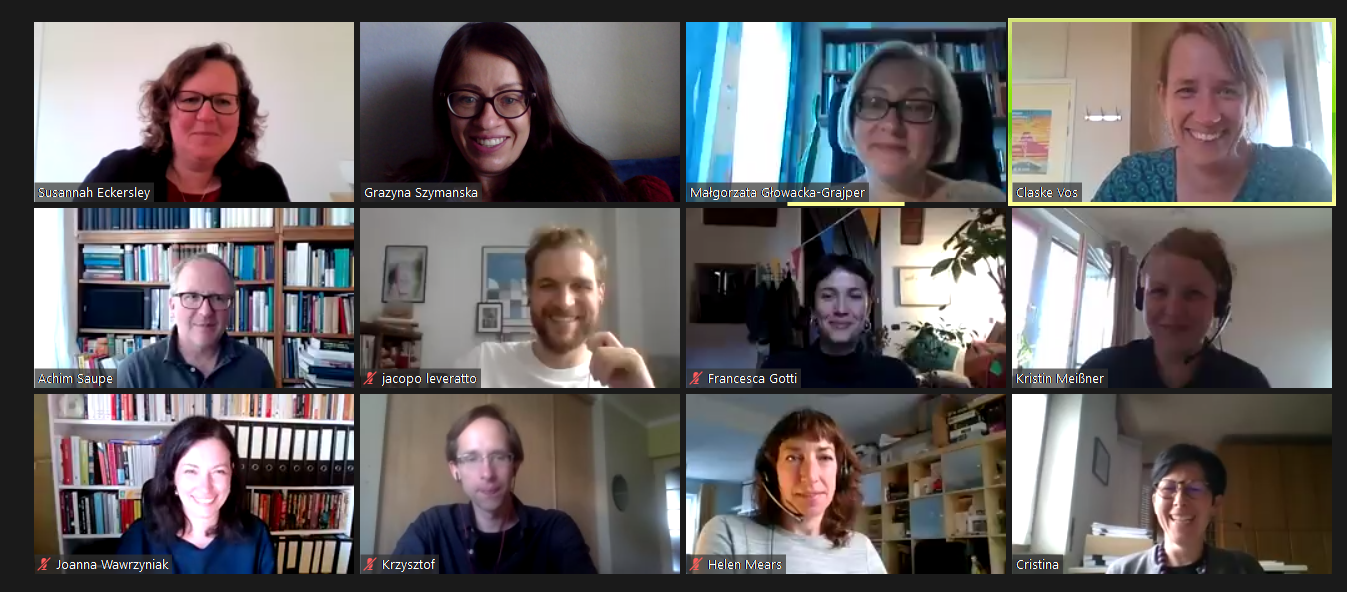 A snapshot of the en/counter/points Virtual Workshop, June 2021
A snapshot of the en/counter/points Virtual Workshop, June 2021


